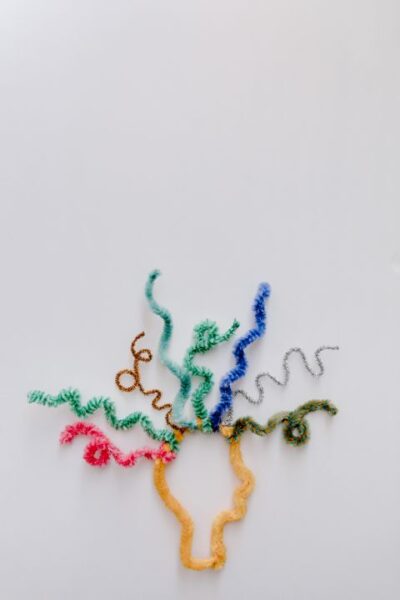
Obsessive-compulsive disorder (OCD) is a common psychological problem. About two decades ago, OCD was a relatively rare condition. Due to the newer and more effective treatments today, OCD is now known to affect millions of people. If left untreated, OCD can affect an individual’s life with immobilizing anxiety. Most people with OCD also develop depression that complicates and lengthens treatment. However, when treated skillfully, OCD’s anxiety and depression grip can be significantly loosened. This why it is important to find the best psychiatrist in Salt Lake City, or where ever you may be, as professional help can be the key to reaching a solution. Read on for a more understanding of OCD.
1. What is OCD?
Obsessive-compulsive disorder (OCD) has two primary parts; obsessions and compulsiveness. Obsessions are unwelcome thoughts, images, worries, or urges that repeatedly appear in your mind. Obsessions make you feel anxious. However, most people describe it as mental discomfort instead of anxiety. Compulsions are repetitive activities that you do to reduce the anxiety caused by the obsession. For instance, a patient may repeatedly check whether a door is locked. Sometimes the compulsion and obsessions may be manageable, while they may make your life miserable at other times. OCD is also severe when an individual has other stressors like life changes, health, money, or relationships.
2. Impact of OCD.
Although most people experience minor obsessions like worrying about leaving the door unlocked and compulsions like leaving cracks in the pavement, these do not interfere with their daily lives and are short-lived. However, OCD has a significant impact on how life including;
-
-
- OCD will disrupt your daily life by taking up a lot of time and avoiding situations that may trigger your OCD. This means that you will not work, see family and friends, eat out, or even go outside.
- You may also feel that you must hide your OCD from people in your inner circle. Your anxiety about relationships may also make it challenging to continue. People with OCD may also feel ashamed or worry that others may treat them differently. You may want to hide from other people, making you feel lonely and isolated.
- Your obsessions and compulsions may also make you feel anxious and stressed. Some people feel like they are slaves to their compulsion.
-
3. Signs and Symptoms.
OCD’s symptoms start small and may seem normal. These signs are triggered by a personal crisis or something that affects you a lot, like the death of a loved one. This condition is more likely to affect you if people in your family have OCD or other mental health disorders. OCD symptoms include obsessions, compulsions, or both. Common obsessions include fear of germs or dirt, extreme need for order, fear of hurting yourself or others, and excessive fear of making a mistake. Common compulsions include washing or cleaning, repeatedly checking something is done right, counting, and routine.
4. Treatment.
OCD treatment may not result in a cure, but it can help control the symptoms. Depending on the severity of OCD, some patients may require long-term, ongoing, or more intensive treatment. The primary treatments for OCD are psychotherapy, medications, and Deep Brain Stimulation (DBS). DBS works by stimulating the brain using electrodes implanted through certain areas of the brain.
We are happy to present this collaborative post to offer valuable information to our readers.


